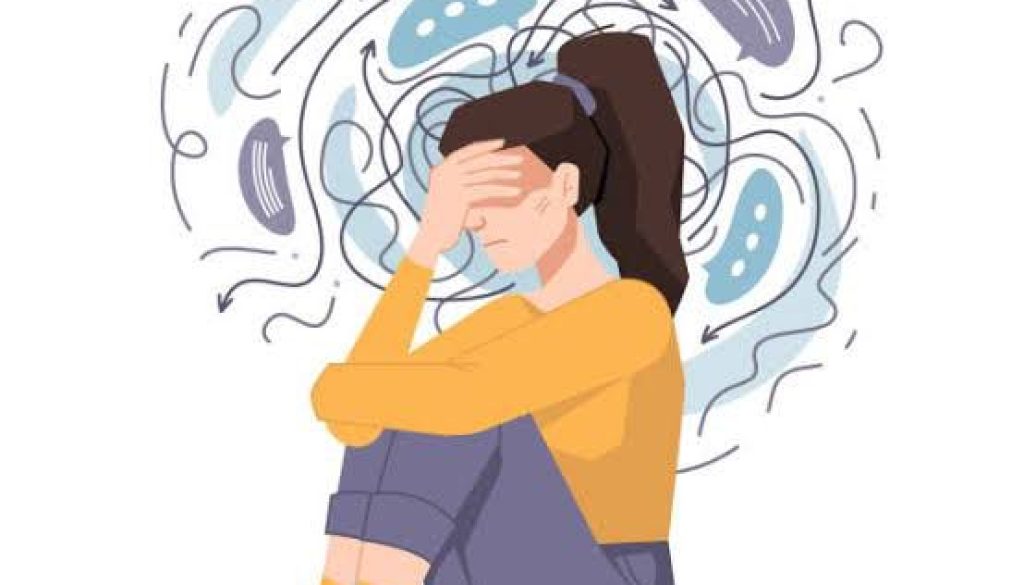Anxiety Disorders: Causes, Symptoms, and Treatment Options
Anxiety disorders are a group of mental health conditions that are characterized by excessive and persistent feelings of anxiety, fear, and worry. These disorders can significantly impact an individual’s daily life, relationships, and overall well-being. In this article, we will explore the causes, symptoms, and treatment options for anxiety disorders.
Causes of Anxiety Disorders
Anxiety disorders are complex conditions that are influenced by a combination of genetic, environmental, and psychological factors. Some of the possible causes of anxiety disorders include:
1. Genetics: Anxiety disorders can run in families, suggesting that there may be a genetic component.
2. Brain chemistry: Imbalances in neurotransmitters such as serotonin and dopamine can contribute to anxiety disorders.
3. Life experiences: Traumatic events, stress, and significant life changes can trigger anxiety disorders.
4. Personality traits: Certain personality traits, such as perfectionism and low self-esteem, can increase the risk of developing an anxiety disorder.
Symptoms of Anxiety Disorders
The symptoms of anxiety disorders can vary depending on the specific condition, but common symptoms include:
1. Excessive worry and fear
2. Restlessness and irritability
3. Difficulty sleeping
4. Rapid heartbeat and palpitations
5. Sweating and trembling
6. Nausea and abdominal discomfort
7. Avoidance behaviors
Types of Anxiety Disorders
There are several types of anxiety disorders, including:
1. Generalized anxiety disorder (GAD): Characterized by excessive and persistent worry about everyday things.
2. Panic disorder: Characterized by recurring panic attacks, which are intense episodes of fear and anxiety.
3. Social anxiety disorder: Characterized by excessive fear and anxiety in social situations.
4. Phobias: Characterized by excessive fear and anxiety in response to specific objects or situations.
5. Obsessive-compulsive disorder (OCD): Characterized by recurring and intrusive thoughts and compulsions to perform specific rituals or behaviors.
Treatment Options for Anxiety Disorders
Anxiety disorders are treatable conditions, and there are several effective treatment options available. These include:
1. Cognitive-behavioral therapy (CBT): A type of psychotherapy that helps individuals identify and change negative thought patterns and behaviors.
2. Medications: Antidepressants, benzodiazepines, and beta blockers can help alleviate symptoms of anxiety disorders.
3. Relaxation techniques: Techniques such as deep breathing, progressive muscle relaxation, and visualization can help reduce anxiety symptoms.
4. Lifestyle changes: Regular exercise, healthy eating, and adequate sleep can help reduce anxiety symptoms.
Conclusion
Anxiety disorders are complex conditions that can significantly impact an individual’s daily life and overall well-being. While the causes of anxiety disorders are not yet fully understood, there are several effective treatment options available. By seeking professional help and making lifestyle changes, individuals with anxiety disorders can learn to manage their symptoms and improve their quality of life.



